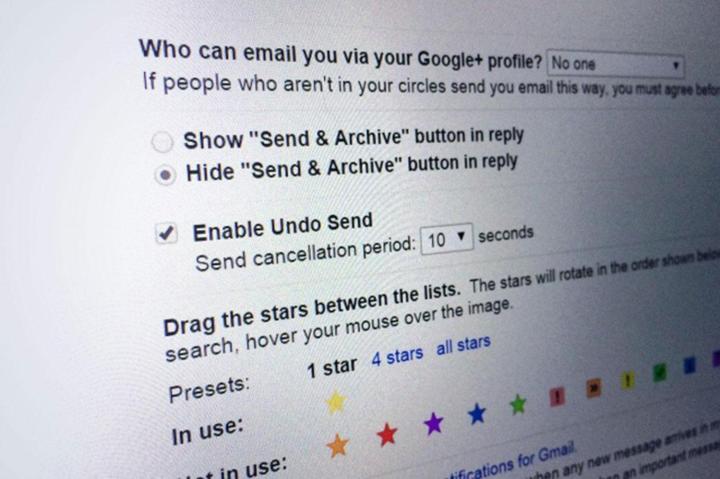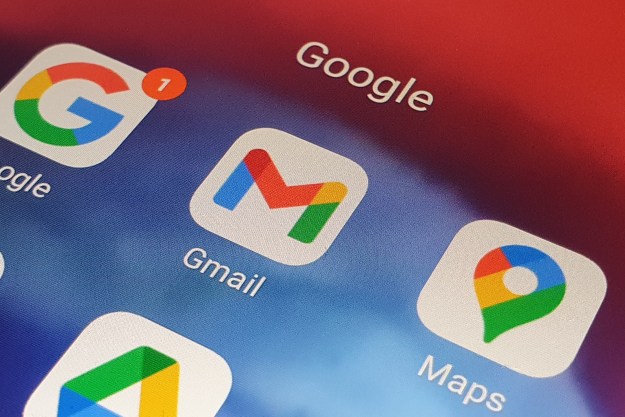
Google’s mail filter does a darn good job of binning unwanted messages already — Google’s Sri Harsha Somanchi says it manages to keep inbox spam levels to less than 0.1 percent of e-mail and only misidentifies 0.05 percent — but in the pursuit of perfection, the company is now supercharging its detection algorithms.
The new system uses an “artificial neural network” to analyze and flag “especially sneaky” messages — messages written specifically to subvert simpler filters. Furthermore, thanks to “machine learning signals,” it can identify phishing scams — the sorts of e-mails that impersonate banks and online retailers in an effort to capture your credit card or social security number — by identifying the actual source of the messages.
Those improvements don’t mean your weekly Macy’s catalog is in danger of deletion, though. Somanchi says the system is advanced enough to learn which messages you’re likely to trash and which ones you aren’t. It remains to be seen how well the system works in practice — humans can be capricious beasts, after all — but it should result in fewer instances of indiscriminate newsletter trashing.
Google’s hardly the only one leveraging machine learning to improve its products and services. Airbnb’s new Price Tips tool analyzes vast troves of data to predict the best rental property rate for a given day, while Facebook’s artificial intelligence can generate images realistic enough to fool human onlookers. Even Twitter’s looking to get in on the action — it just acquired Madbits, which produces software that can recognize pornography.
Artificial intelligence, needless to say, is making all of our online experiences better. But I wouldn’t suggest getting too comfortable with our newfound silicon friends — sifting through e-mails from long-lost cousins, Arabian princes, and Mexican drug smugglers can drive anyone, and even an artificial intelligence, insane, and once maddened, who knows to what lengths rogue computers will go.
Editors' Recommendations
- Here’s how Apple could change your iPhone forever
- How to save your data from Google’s purge of inactive accounts
- Are we about to see ‘the iPhone of artificial intelligence’?
- This app is like ChatGPT for your email, and it changed my life
- What is Google Assistant? Here’s the guide you need to get started

